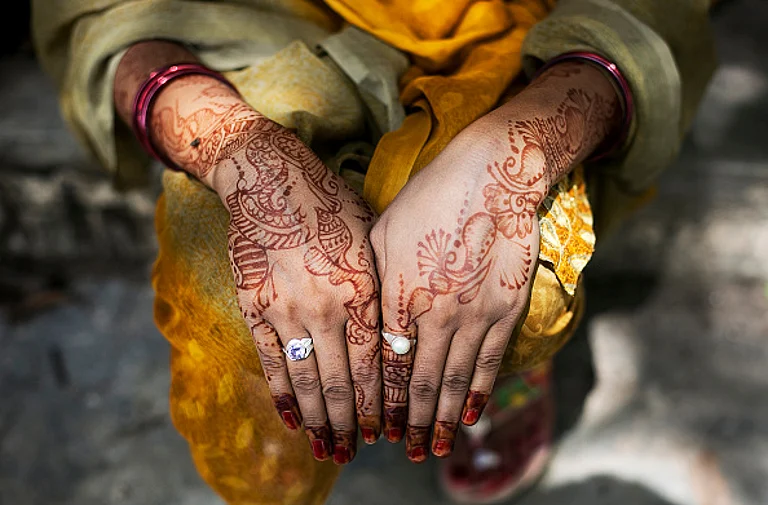The Central Government has told the Supreme Court that marital rape is more of a "social issue than a legal one" as it submitted its affidavit against criminalisation. In the legal document submitted before the top court, the Centre has stated that there are "suitably designed punitive measures" to tackle the issue of marital rape.
Marital Rape 'A Social Issue Not Legal', Centre Files Affidavit With SC Against Criminalisation
In the legal document submitted before the top court, the Centre has stated that there are "suitably designed punitive measures" to tackle the issue of marital rape.

Despite its move against the criminalisation of marital rape, the government noted that marriage does not end the concept of consent of a woman.
However, Centre added that the consequences of such a violation within marriage is different from violation outside marriage.
As per the government, applying penal provisions of rape within a marriage would be "excessively harsh" and could have serious "social-legal implications" on the institution of marriage.
Centre submits that "while exercising such judicial review on such subjects (marital rape), it is to be appreciated that the present question is not only a constitutional question, but essentially a social question on which the Parliament, after being apprised and being aware of all sides of the opinion on the present issue, has taken a position."
Adding to this, the government told the Supreme Court added that the Parliament has decided to retain Exception 2 to Section 375 of IPC in 2013, which exempts husbands from being prosecuted for rape if the victim is their wife.
Even in under the new law, Exception 2 to Section 63 (rape) says that "sexual intercourse or sexual acts by a man with his own wife, the wife not being under eighteen years of age, is not rape".
"In the fast-growing and ever-changing social and family structure, misuse of the amended provisions can also not be ruled out, as it would be difficult and challenging for a person to prove whether consent was there or not," Centre told SC.
"Furthermore, it is submitted that striking down the exception 2 of section 375 of IPC on the ground of its constitutional validity will have a far-reaching effect on the institution of marriage if sexual intercourse or sexual acts by a man with his own wife is made punishable as 'rape'," the Centre added further.
The affidavit further added that there were alternative legal provisions such as Sections 354, 354A, 354B, and 498A of the IPC, as well as the Protection of Women from Domestic Violence Act, 2005, which provides "adequate remedies" for violations of consent within a marriage.
- Previous Story
 Elections 2024: Ashok Tanwar Joins Congress Again; Sehwag Endorses Congress Candidate In Haryana
Elections 2024: Ashok Tanwar Joins Congress Again; Sehwag Endorses Congress Candidate In Haryana - Next Story



























